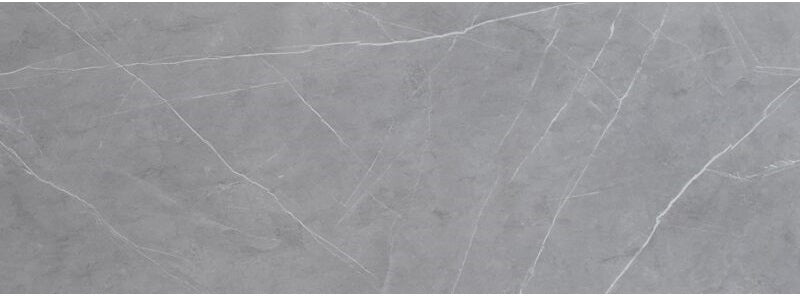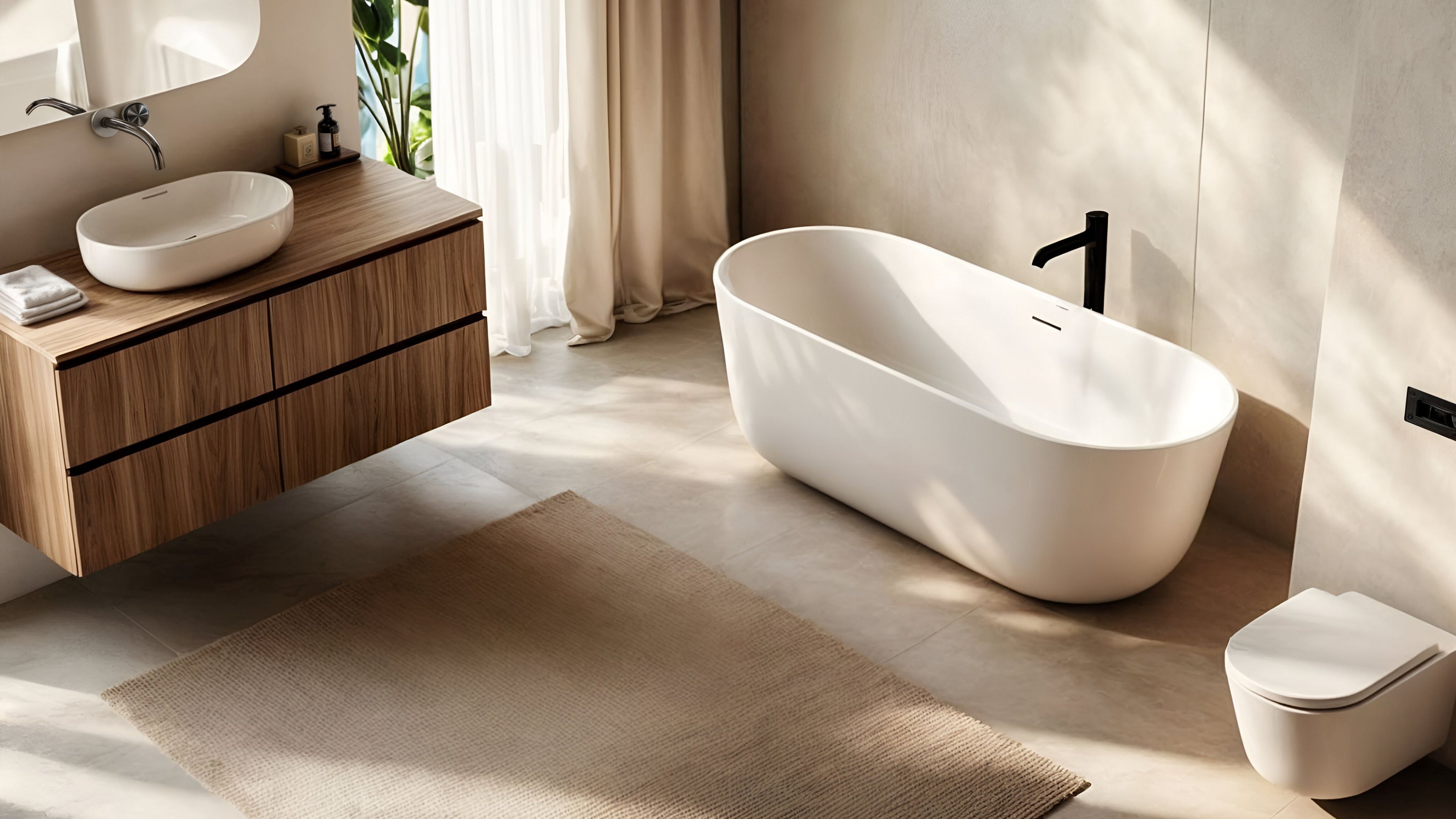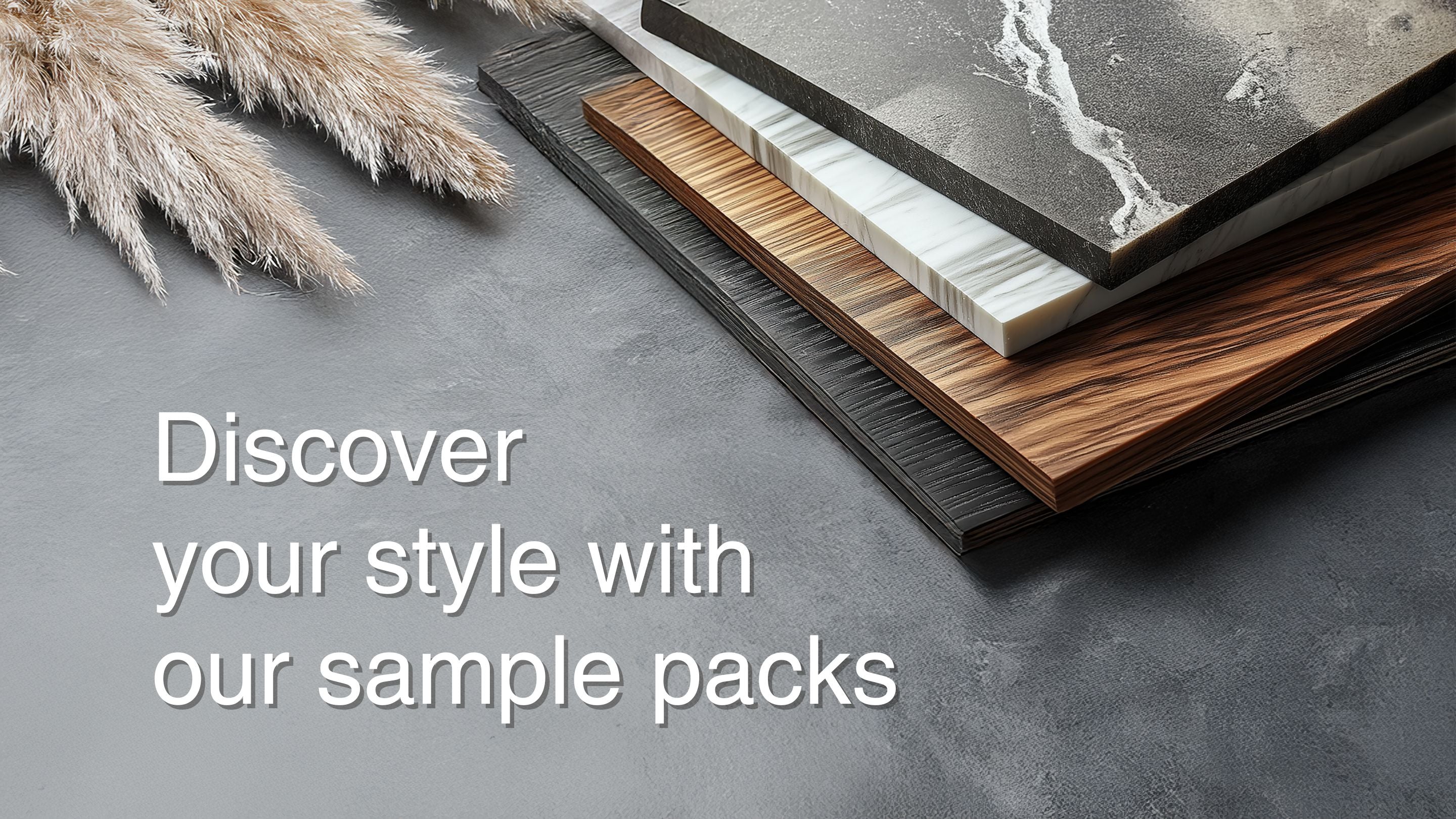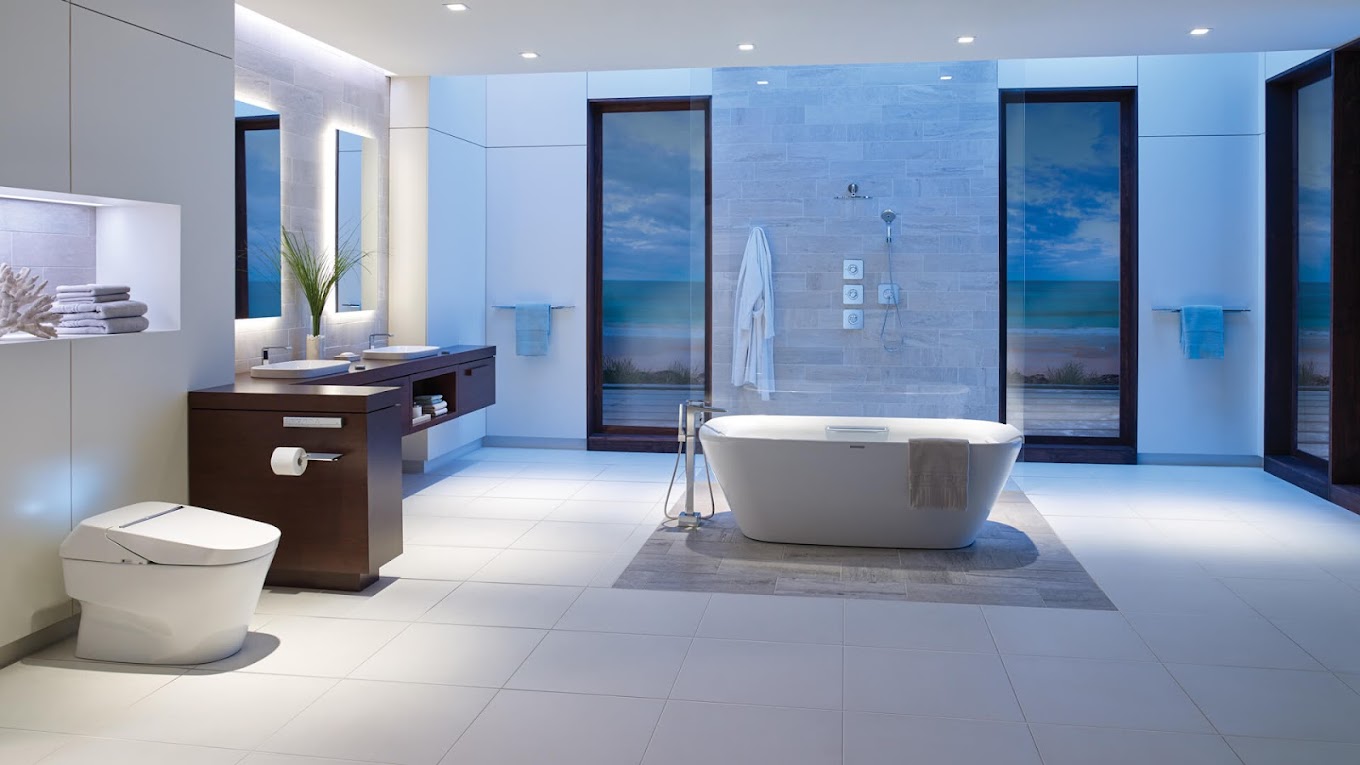Differences between Ceramic, Porcelain (Rock-plate) and Quartz Countertops
Benchtops made from porcelain (rock-plate), ceramic, and quartz are a hit in Aussie homes and businesses.
Porcelain (Rock-plate) Benchtops:
To whip up porcelain (rock-plate), they fire up china stone powder and white china clay to a scorching 1450°C. This cooking process turns the china stone into a vitrified, super tough material. Despite being mixed with bits and bobs like silica, mineral oxides, and feldspars, it doesn't knock the strength or colour. For benchtops, they slap on a coat of coloured glaze to these porcelain (rock-plate) slabs.

Pros:
-
Can Handle the Heat: Its making process means it's a good sport with heat. No worries with hot pots and pans.
- Tough as Nails: It's about 30% tougher than granite and doesn't easily scratch.
- Nearly Waterproof: Spills? No dramas, they wipe right off.
- Easy as to Keep Clean: A breeze to clean, doesn’t soak stuff up, and keeps stains at bay.
- Sun Smart: Won’t fade in the sunlight, so no stress about where the windows are in your kitchen.
- Choice of Looks: You can get them to mimic marble, wood, concrete, or even rusted steel with different colours and patterns.
Cons:
- Not Crash Hot Against Blows: It'll crack if you go at it with something blunt. It's hardy, but not invincible.
- Limited Edge Designs: Your choices for edge designs are a bit limited - think rounded, beveled, straight, cover, or waterfall edges.
Quartz Countertops:

Quartz benchtops are a mix of quartz dust (that's silicon and oxygen) with polymers, resins, and pigments tossed in. This concoction makes them hard and durable, while the pigments add a splash of colour. They can also chuck in recycled glass or metal flecks for a bit more pizzazz.
Pros:
- Loads of Colour and Design Choices: The sky's the limit with colours and designs, from simple to fancy.
- Perfect for Modern Kitchens: They offer a sharp, clean look in all sorts of colours and designs.
- No Fuss Maintenance: Don't need to baby them or reseal them.
- Built Tough: Not likely to scratch or chip easily.
Cons:
- Doesn't Like the Heat: Hot pans can do a number on the resins and fillers.
- Leave It to the Pros: Not a DIY job. Needs the right gear and know-how for the best fit.
Ceramic Benchtops:

These are a solid choice, offering flexibility and affordability. Made from a blend of clay, sand, and water, they fire this mix in a kiln after pressing, glazing, and firing it. Typically, they're laid out with grout, a mix of water, sand, and cement. Ceramic tiles are a goer not just for floors but also for benchtops in the loo and kitchen.
Pros:
- Heaps of Variety:: You can spruce up your benchtops with different colours, shapes, and sizes to your liking.
- Easy to Swap Out:: If they cop a chip or crack, just swap the damaged bits out.
Cons:
- Not the Toughest:: They need a bit of TLC and might need replacing now and then.
- Grout Joints Can Be a Pain:: You'll need to seal the grout joints regularly to keep the nasties out.
- Not the Smoothest:: They come with a bit of an uneven surface.





